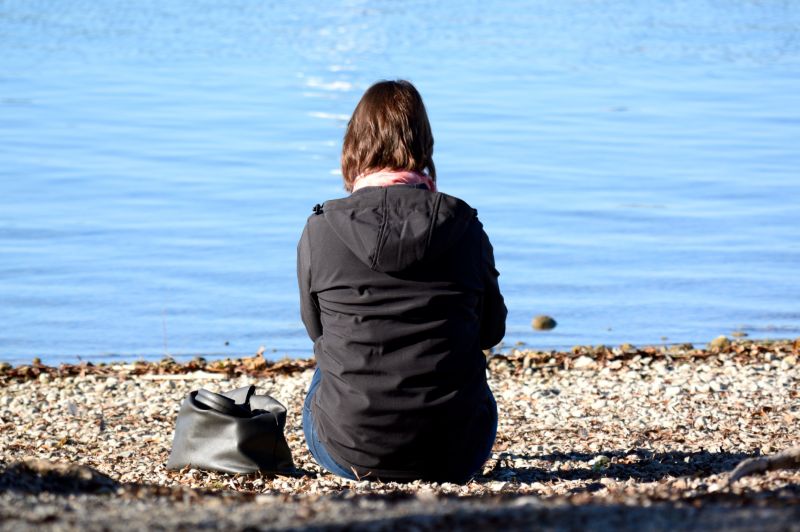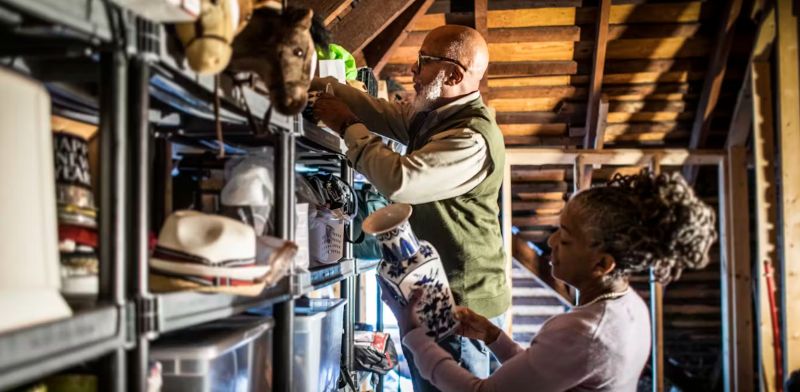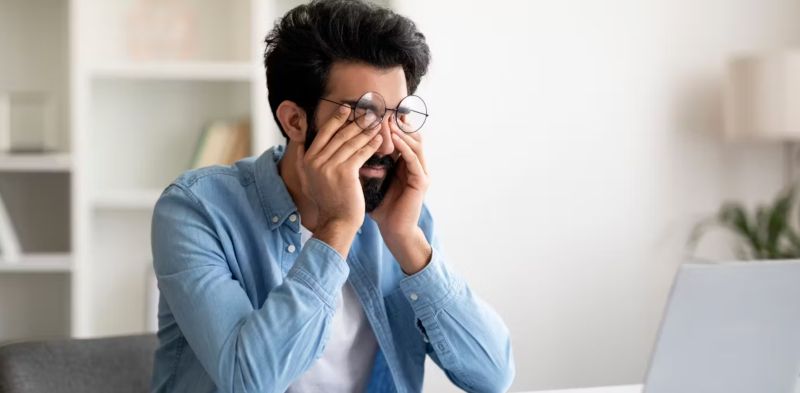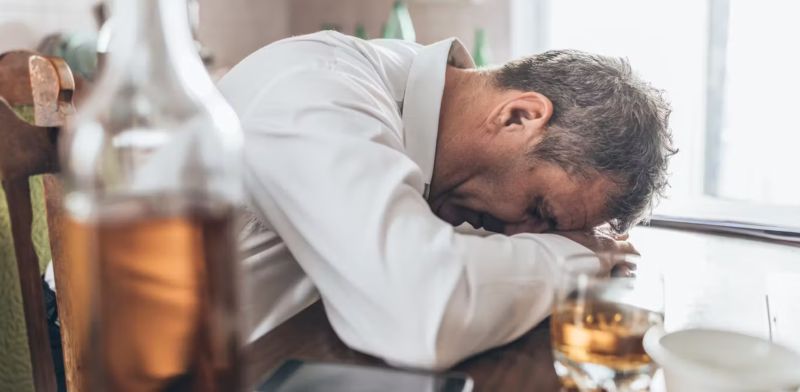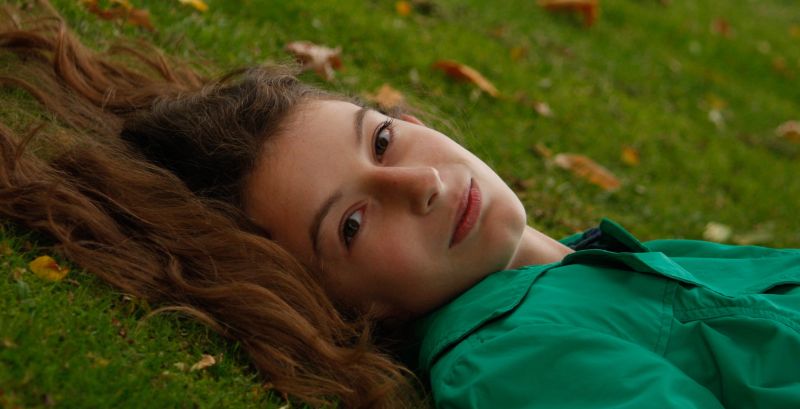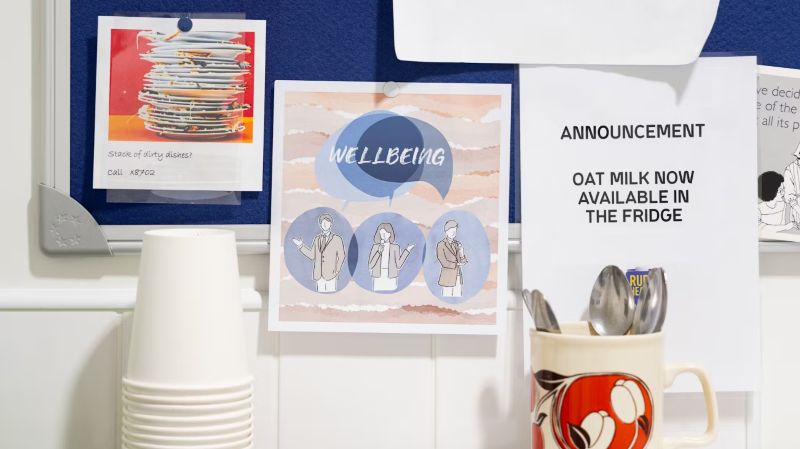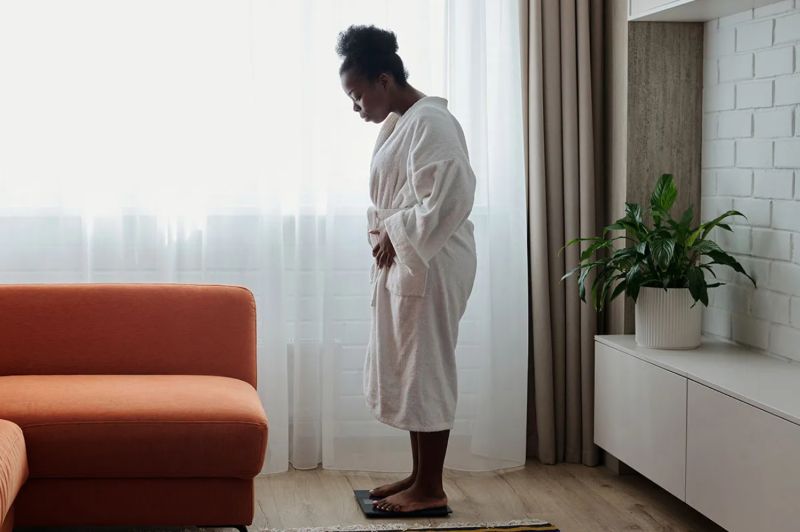

By Adrienne Maree Brown
Writer, editor, activist, social justice facilitator, coach, speaker, and doula
I was in a conversation recently with a friend who had just returned from a meditation retreat. She said one of the ideas shared with her group was that “the teacup is already broken,” a meditation on how the death or ending or brokenness we fear is inevitable. We will die, everyone we love will die, the organization will end, the nation will come apart, the system will collapse. The teacup will break. The end has already happened in our minds, our imaginations, our predictions; it is implied by the very pattern of our existence, which we understand to be impermanent.
I find that this idea brings me as much peace as does the idea of healing as a victory. These ideas might even be the same idea. They are variations on completion, though our society tends to lionize one form (healing) while fearing the other (rupture). I want to offer you the peace that is inside this connection between completion, accountability, and community—but to get there might feel a bit scary, because we have to talk about endings.

The material world is necessarily temporary, and it is only a matter of how deep we are willing to look, how far into the past and future we are willing to consider, to understand this. If you don’t believe me, look at the ruins of every society that has predated us on this planet. Remember that the matter that makes up our moon and planet is the dust of stars exploding in other galaxies. Remember that we can be partially made of stardust only because stars die.
Death is a non-negotiable aspect of the pattern of life for most creatures we are aware of. (With the exception of immortal jellyfish, tardigrades, and turtles who don’t come across humans.) For humans and most species we have encountered on Earth—and even for most celestial bodies—there is a life cycle that includes death.
If death is, as many of us believe, the portal to a vibrant spiritual realm, then death itself would seem to be fed by life as much as it feeds the cycle of life. In some variations of this belief, in death we become part of the whole again, relinquishing our individuality. In other variations, we are able to both maintain some specific aspects of ourselves in an ancestral identity, while also being part of a larger spiritual existence that can be felt by (and is somewhat concerned with) those still living.
In a reincarnation worldview, death is the door to a waiting room where our spirits rest before re-entering the life cycle. But there are also those who believe that this life is the total experience, that death is completion, followed only by the decomposition of the material body back into the earth. The souls that follow us, the babies that come through us, are also on a one-way journey through a life that has a material end.
We can have faith in one of these beliefs over the others, but so far, we cannot have a scientific certainty beyond faith. We have stories of people who have had near-death experiences and made their way back; many of them speak of a light they move toward, some see family and loved ones beckoning to them, some speak of feeling an incredible peace and falling into darkness. When I hear these stories, I always wonder how much of the experience itself is shaped by the faith of the person having the experience. If you believe in heaven, does death present as a white light or a cloud full of loved ones? If you believe in nirvana, do you experience peace? If you believe there is nothing after, does death present as slipping into the dark?
And what if you don’t really think about this at all? What if, from the time you are born, you are given a story of your life in which you don’t really need to be accountable? In which you don’t have to decide for yourself what death is, what life is, and what your soul is up to?
I want to explore how our spiritual practices and beliefs around death interact with the work we have to do here on Earth. My intention is not to judge, insult, or dismiss any particular way of believing, navigating faith, or being in the world. But I do think we need to accept death as a part of the life cycle, and deconstruct the concept of heaven, or any form of future utopia, if humanity is going to continue to exist here, now, and into the future. Our spiritual work is, at its heart, finding a sacred peace in the present, which will change, and which will end.
I am ruminating on all of this because, for me, the reality that I will die is a component of how I approach accountability day to day. I accept that my singular life is not everlasting, and that I have a mysterious timeline in which to have this particular human experience. I have thought and felt a lot about my spiritual responsibility in this life, and concluded that I don’t want to spend time on causing or perpetuating harm. I want my lifetime to be part of an evolution toward ending unnecessary harm and suffering for my species and planet.
I was raised with a concept of heaven as something that came after this life, a utopia that I had to be “good” on Earth to deserve.
The oldest story I ever heard was of a vengeful, violent god who would punish and shame and erase his people, who then eventually sent his only son down to suffer for our sins, blanketing us in a conditional forgiveness that, if we followed the rules, would grant us access to eternal heaven. I know a lot of different belief systems likewise envision some sort of punitive divine force and embrace the sacrifice of an innocent in exchange for a blessing. Ursula K. Le Guin has a short story called “The Ones Who Walk Away from Omelas” about this kind of setup: a child who lives in constant suffering as the cost of utopia.
I was very young when I started to pull at the threads of the story. In the same way I slowly outgrew the delightful carrot-stick mythology of Santa Claus, I have slowly outgrown the idea of a punitive god waiting in a future heaven, and that my access to eternal peace and joy is predicated on my Earthly behavior.
That story felt and feels like a narrative for people who want to judge but not be judged, who want peace without the rigor of practice, who want heaven without having to change how they live in any significant way. That feels like the opposite of accountability, to me.
I know a lot of people for whom this, or some other story of God, or gods and goddesses, makes sense and provides meaning. I feel the holiness in these people, in their rituals and practices. Many of the rituals—lighting candles, letting aspects of nature represent divine material, asking for divine support and shaping of our lives—align with my own witchy practices of the present.
But I always notice the contradictions between what people say they believe, their perceived proximity to heaven, utopia, or peace, and what they do. I particularly notice the growing alignment between wreaking havoc on Earth and using the idea of a delayed, merit-based utopia to claim a moral high ground. Driving to the beach here in North Carolina recently, I was surrounded by flags with AR-15s in the stars and stripes print of the U.S., with the words “Jesus” and “Trump” framing the weapon. Some of these flags were in front of small houses of worship.
My grandfather was a Christian evangelical man. He rode hard for Jesus, and the assignment he received from studying Jesus was humility, attending to those who were suffering, and noticing the humanity in the houseless and the sex worker and the sinner. He lived in one place most of his life, and he stewarded that land and all the creatures on it. And they loved him: He would walk into a field and swiftly be surrounded by horses and dogs, and sometimes I think even the birds would follow him around singing. His holiness was unquestionable to me, and as I get older, I respect more and more the way he understood that his assignment was to love this planet and all that lived on it.
There is necessary adaptation in the sacred stories we tell, in the holy structures we build, and in the values we practice with each other. My grandfather was given fire and brimstone, and then a compassionate and forgiving savior who washed the feet of those others called dirty, evil, disposable. He made choices to live his faith as a continuous act of love.
My sense of a spiritual connective tissue between all that exists is nourished by the deep knowing that my grandfather and I are both people imbued with a holy calling, guided by love and compassion, even if those paths look so different as to appear oppositional. This sense inspires me to cultivate curiosity for what is different from me, mysterious to me. My humility in the face of the biodiversity of our world is woven from the same fabric as my humility in the face of what I call the divine. I sense that there is infinite complexity beyond my comprehension that is unfolding in all of our choices.
This has been heightened by my growing sense of preciousness for the Earth itself. For life itself. For the present moment itself. I no longer assume that human life is the peak of divine creativity or purpose. There is something about the multitude of ways of being that is itself holy and worth our steady embodiment and fierce protection.
I think that we must reawaken our collective wonder for life, and respect for death, if we hope to shift the course of our species on this planet. Especially in those who currently espouse a life led by faith but are engaged in practices of destruction, oppression, patriarchy, rape culture, and other toxic and perpetual harm. But I wonder if we must also be willing to bring heaven, nirvana, peace, rebirth, and even death into the way we think about accountability every day.
If the ultimate accounting for our lives lies solely in the hands of a divine figure who has already handled it all, there is no real incentive to stretch and grow and become a human who can be in relationship with everyone else who is here, now. Likewise, if we are destined to spend eternity on another plane of existence, where do we find the motivation to steward the planet we live on, making sure that humans can be in a positive relationship with our home? If there’s nothing but this life, how do we generate our accountability to all the life that will follow us?
Many of us know it is time to seek the completion—or death—of our collective experiments with racialized capitalism, with ecological hubris, and with human supremacy. What is harder to discuss, but growing more necessary daily, is challenging destructive worldviews where they show up in our spaces of divine collective practice. If our places of spiritual community, our houses of worship, cannot adapt beyond regressive, harmful worldviews, we risk losing the divine gift of human life on Earth.
But if we can look at these gifts of divine story as emergent ways of speaking of the life cycle, and the inevitable change and death that accompanies all existence, there is a peace available right now. These systems of oppression will inevitably fall. The structures that are not compatible with life on Earth will end. Our spiritual work is either shaking the foundations of injustice, or letting go of our reliance on anything that results from oppression. The teacup is already broken.
When the teacup breaks, we see how that particular tea was never for us, leaving us the holy lessons of mindfulness, intention, deeper presence. Our temporary and cyclical work is to notice what is broken, clean up the dangerous fragments of the past, and let them go—or remake them into something beautiful, and then begin again.
Originally published by Yes! Magazine, 08.23.2022, under a Creative Commons Attribution-NonCommercial-NoDerivatives 4.0 International license.

